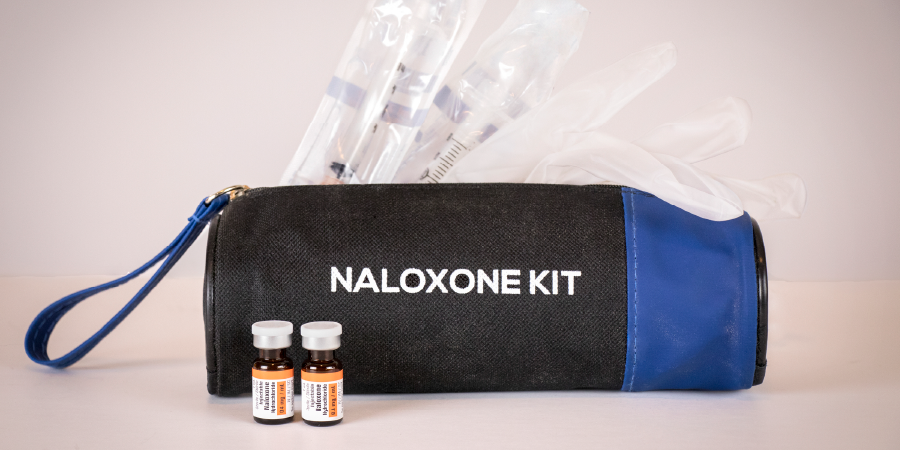Changes in Law and Policy About Opioid Antagonists Require Changes to Procedures and Forms
Senate Bill 629 in the 2023 regular legislative session addressed opioid antagonists, such as Narcan or Naloxone, on district campuses. The law states that a district shall adopt a policy that requires at least one person who is authorized and trained to administer opioid antagonist medication during regular school hours on each campus that serves grades 6-12 and allows districts to adopt policy authorizing opioid antagonist medication on campuses serving every grade.
TASB Policy Service recommended revisions to FFAC(LOCAL) in Numbered Policy Update 122 to meet this legal requirement. Update 122 was issued to districts in Fall 2023.
However, the law also requires new district practices, such as training school personnel (and/or volunteers) to administer opioid antagonist medication and maintaining records of this training. Guidelines from the Texas Administrative Code require that expired, unassigned opioid antagonists be disposed of following the Federal Drug Administration’s guidelines.
These practices do not require board-adopted policy, but we do recommend that districts develop procedures and forms to guide and track these practices.
Opioid Antagonist Procedures and Forms in the Regulations Resource Manual
Administrators do not have to create these procedures and forms from scratch. TASB Policy Service maintains the Regulations Resource Manual (RRM) (TASB login required), a collection of sample administrative procedures and forms.
Updates to FFAC(REGULATION) include:
- The number of opioid antagonists and individuals authorized and trained to administer them available of each campus at a given time
- Notification procedures after administration to a student
- The district’s designated opioid antagonist coordinator and their responsibilities
- Training requirements for authorized individuals
- Procedures for inventory, storage, and disposal
Updates to FFAC(EXHIBIT) include:
- A form documenting training on administration of opioid antagonists
- An agreement to administer an opioid antagonist, to be signed by an authorized and trained individual
- An inventory tracking form for opioid antagonist doses to ensure that required opioid antagonist doses are available and unexpired
Policy Service has similar procedures and forms at FFAC in the RRM for districts that have authorized unassigned epinephrine autoinjectors and medication for respiratory distress.
Don’t Reinvent the Wheel
TASB’s recommended policy revisions to FFAC(LOCAL) and the updates to FFAC(REGULATION) and FFAC(EXHIBIT) help districts follow requirements in law and administrative code about opioid antagonist medication. District administrators can customize the regulations and exhibits to meet your unique needs, but they don’t have to start from scratch to develop these important documents. Your policy consultant is always happy to answer questions as you customize these and other sample regulations and exhibits in the RRM.





